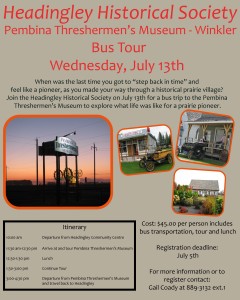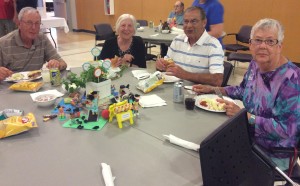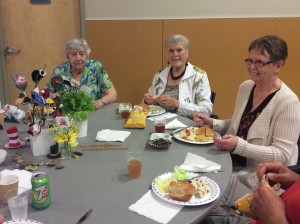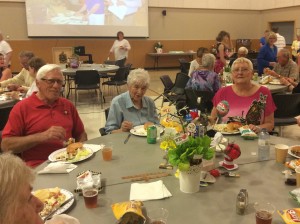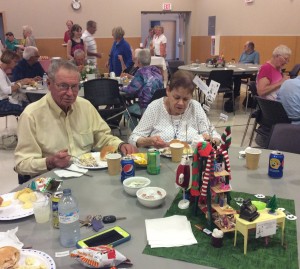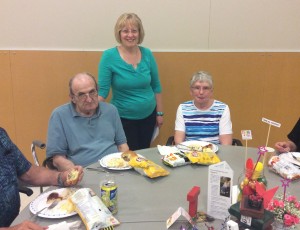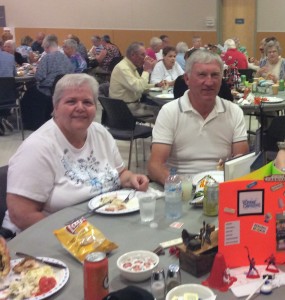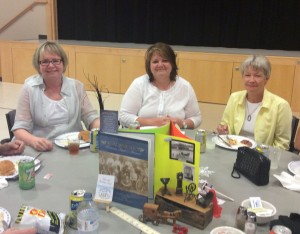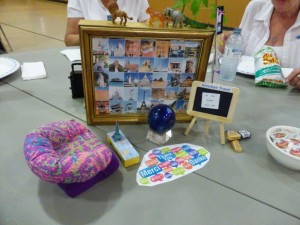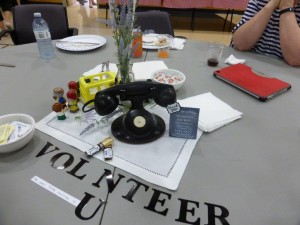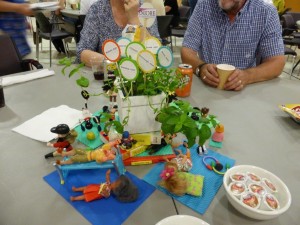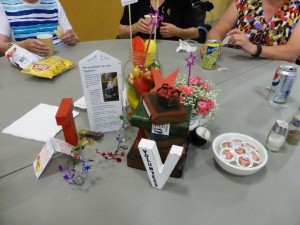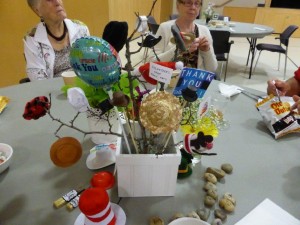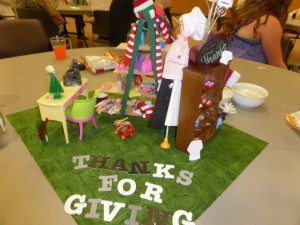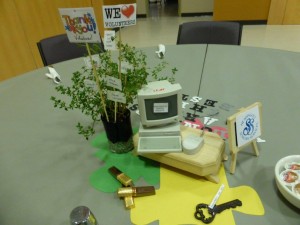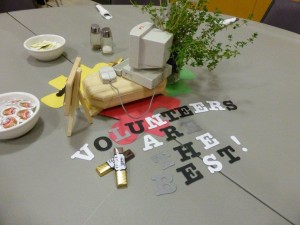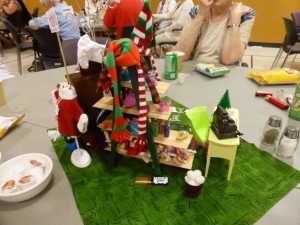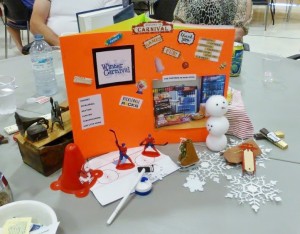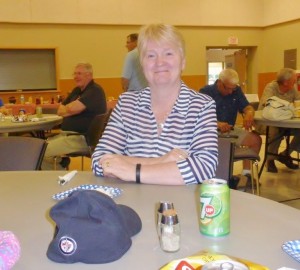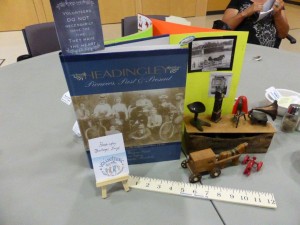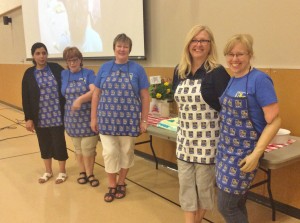QUESTIONS TO ASK YOUR DOCTOR
Quite often when you visit the doctor and are asked, “Do you have any questions?”, you draw a blank. This is a very normal reaction. You may be visiting your physician for a specific problem but have other questions in regards to your health and medication. You focus on the reason for your visit and forget incidental questions. A good way to avoid this is to make a list before you leave for the doctor’s office.
Some things to put on your list could be:
- What would I like to know by the end of the visit
- Ask important questions first and take notes
- Make a list of your symptoms, questions, concerns and any past experiences with your problem. The symptom that is forgotten may well be the definitive one for diagnosis
- If you are prescribed medication, ask the name and what you are taking it for
- Are there alternatives other than medication
- Is there a way I can combine or reduce the number of meds I am taking
- What will happen if I don’t take the medication
- Are there any side effects or reactions I should report immediately
- Do you want me to report back to you once medication is finished
- Can medication be taken in any other form (ie: have trouble swallowing pills)
- Is there anything I should avoid doing while on this medication ie driving, air travel, exercise
 If questions come to mind after your visit to the doctor and/or pharmacist who fills your prescription and you are unable to contact either, Health Links is a telephone health information service throughout Manitoba. It is available 24 hours a day, seven days a week. Specially skilled nurses offer health information and support to people who require assistant. They may also help callers decide if they need further help, such as an urgent care centre or an emergency department.
If questions come to mind after your visit to the doctor and/or pharmacist who fills your prescription and you are unable to contact either, Health Links is a telephone health information service throughout Manitoba. It is available 24 hours a day, seven days a week. Specially skilled nurses offer health information and support to people who require assistant. They may also help callers decide if they need further help, such as an urgent care centre or an emergency department.
Call Health Links/Info Sante
Winnipeg: 204-788-8200
Toll-free: 1-800-315-9257


